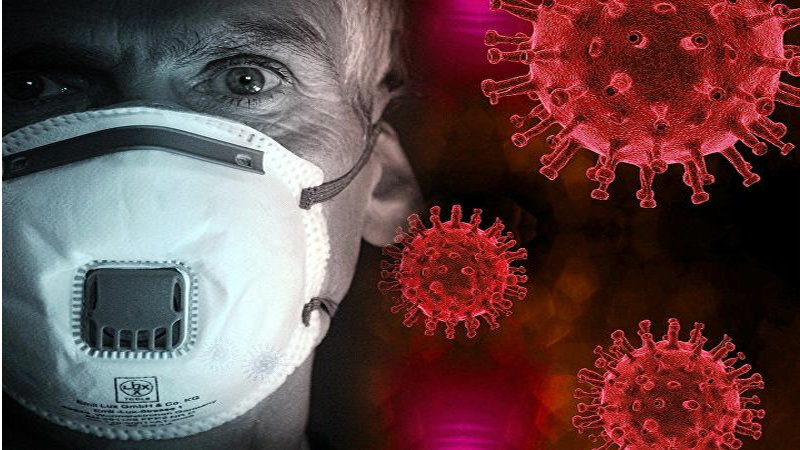A team of researchers at the University of Nottingham’s School of Pharmacy has developed a new antimicrobial coating material that effectively kills bacteria and viruses, including MRSA and Covid-19. The material is made by coating acrylonitrile butadiene styrene (ABS), a commonly used plastic, with chlorhexidine, which is often used by dentists for mouth infections and pre-surgical cleaning. This new material was found to be effective in killing a wide range of microbes that cause infections and illnesses, making it suitable for use on a variety of plastic products.
Plastic is widely used in medical settings, from intravenous bags and implantable devices to hospital beds and toilet seats. However, some microbial species can survive in a hospital setting despite enhanced cleaning regimes, leading to an increased risk of patients getting infections whilst in the hospital, which then need antibiotic treatment. These microorganisms can survive and remain infectious on abiotic surfaces, including plastic surfaces, for extended periods, sometimes up to several months.
According to Dr. Felicity de Cogan, Assistant Professor in Pharmaceutical Science of Biological Medicines and leader of this study, “As plastic is such a widely used material that we know can harbor infectious microorganisms, we wanted to investigate a way to use this material to destroy the bacteria.
We achieved this by bonding a disinfectant with the polymer to create a new coating material and discovered not only does it act very quickly, killing bacteria within 30 minutes, but it also doesn’t spread into the environment or leach from the surface when touched. Making plastic items using this material could really help tackle the issue of antibiotic resistance and reduce hospital-acquired infections.”
The researchers used a special imaging technique called Time-of-Flight Secondary Ion Mass Spectrometry (TOF-SIMS) to examine the material at a molecular level. This revealed the material was antimicrobial and rapidly killed microbes, with no viable virions found after 30 minutes. The material was also effective against SARS-COV-2, and it was found to kill chlorhexidine-resistant strains of bacteria.
The Covid-19 pandemic has highlighted the problem of hospital-acquired infections, as it has been estimated that 20% of all patients hospitalized with Covid-19 contracted the virus while already in hospital. In 2016/17, 4.7% of adult hospital inpatients contracted an infection whilst in hospital, with 22,800 patients dying due to these infections despite these deaths being preventable.
The most common pathogens that cause hospital-acquired infections are Escherichia coli, Staphylococcus aureus, and Clostridium difficile. Outbreaks of infection in the clinic are frequently caused by strains resistant to antimicrobial drugs.
Research has shown that contaminated surfaces, including plastic surfaces, can act as a reservoir of antimicrobial resistance genes, encouraging the spread of antimicrobial resistance across bacterial species through horizontal gene transfer despite deep cleaning practices. It is paramount that new technologies are developed to prevent the spread of pathogenic microorganisms to vulnerable patients and address the ever-increasing threat of antimicrobial resistance.
This research offers an effective way to do this and the material could be added to plastic materials during manufacture, it could also potentially be used as a spray.”
Dr Felicity de Cogan, Assistant Professor in Pharmaceutical Science of Biological Medicines



